
Our Blog
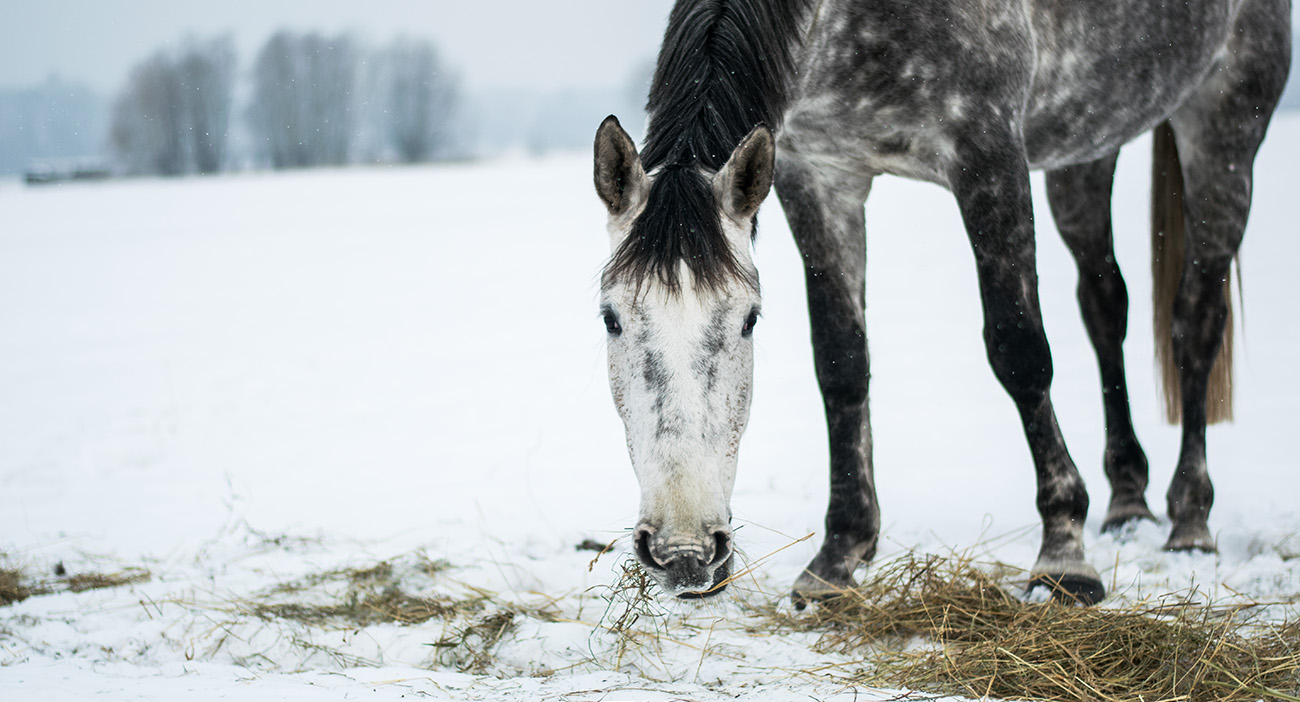
September 7, 2021
How To Feed Your Horse Indoors This Winter
Winter is approaching, and as we start to spend more time indoors, so do our horses. But with our horses being kept indoors overnight without their usual pastures, how can we ensure that they get the nutrition they need? This article will discuss some of the questions we get asked by our customers.
Does my horse need constant forage?
In short, the answer is yes. Horses should be eating almost constantly, and unfortunately, whilst this is something that they can do easily outside, it is a little trickier to do inside. Horses should eat between one and two percent of their body weight every day, so with the average horse weighing between 380-1000kg, you’re looking at them needing at least 3.8-10kg of roughage per day.
Will my horse be stressed if it is left without forage?
Yes, horses are grazing animals and need constant access to food throughout the day and night. As horses only sleep up to two hours per day in 15-to-20-minute stints, they need more hay than you may think. They need 1%-2% of their body weight throughout the day. Without this, horses can become extremely stressed. One of the best ways to see if you’re feeding your horse enough is to check late at night to see if they have any left, then again in the morning. If they are short at night or have none left in the morning, they need to be provided with higher quantities or for those on restricted rations, explore ways of extending chew time.
Could my horse be at risk of ulcers if it is left without haylage?
A horse not eating 24/7 will not directly cause them to have ulcers. However, horses produce over 60 litres of stomach acid per day, so if they aren’t constantly eating hay or haylage to provide a physical barrier to stomach acid and produce saliva to buffer stomach acid, they could be at risk of stomach ulcers. There are many symptoms to look out for, such as a lack of energy, a dull coat, being prone to colic, and undesirable behaviours such as bucking, rearing, and refusing to go forwards when ridden, especially into the canter. If you suspect that your horse does have ulcers, please take them to see your equine vet.
Are haynets suitable for horses?
It can be in your horse’s best interests to feed them hay at ground level, as it more suitably mimics natural grazing behaviours. However, haynets can be a suitable option if used correctly to reduce waste and extend the amount of time the forage lasts. If your horse is overeating too quickly, you can also buy double or triple-layered haynets, which makes it harder for them to pull a large amount of hay out in one go. If using slow feeders or multiple nets, be sure to monitor your horse for signs of frustration.
What should I feed my horse in winter?
Due to the dark evenings and increased workload of mucking out many horse owners find themselves riding less over the winter months. If your horse is less active in the winter it might be beneficial to them to reduce their energy levels and feed a lower sugar forage like our Low Energy Haylage. If your horse isn’t suited to haylage, our dust-extracted Pure Hay has lower energy and protein levels for horses and ponies who are in rest or do moderate levels of work. Alternatively, if your horse struggles to maintain its weight during winter months, our Haylage Complete or Haylage Elite may be more suitable. Spend time researching the best options for your horse, and if you are in doubt, we have a nutritionist who is more than happy to answer any questions you may have. Get in touch with a member of our team who will be able to help you find the right option for your horse.
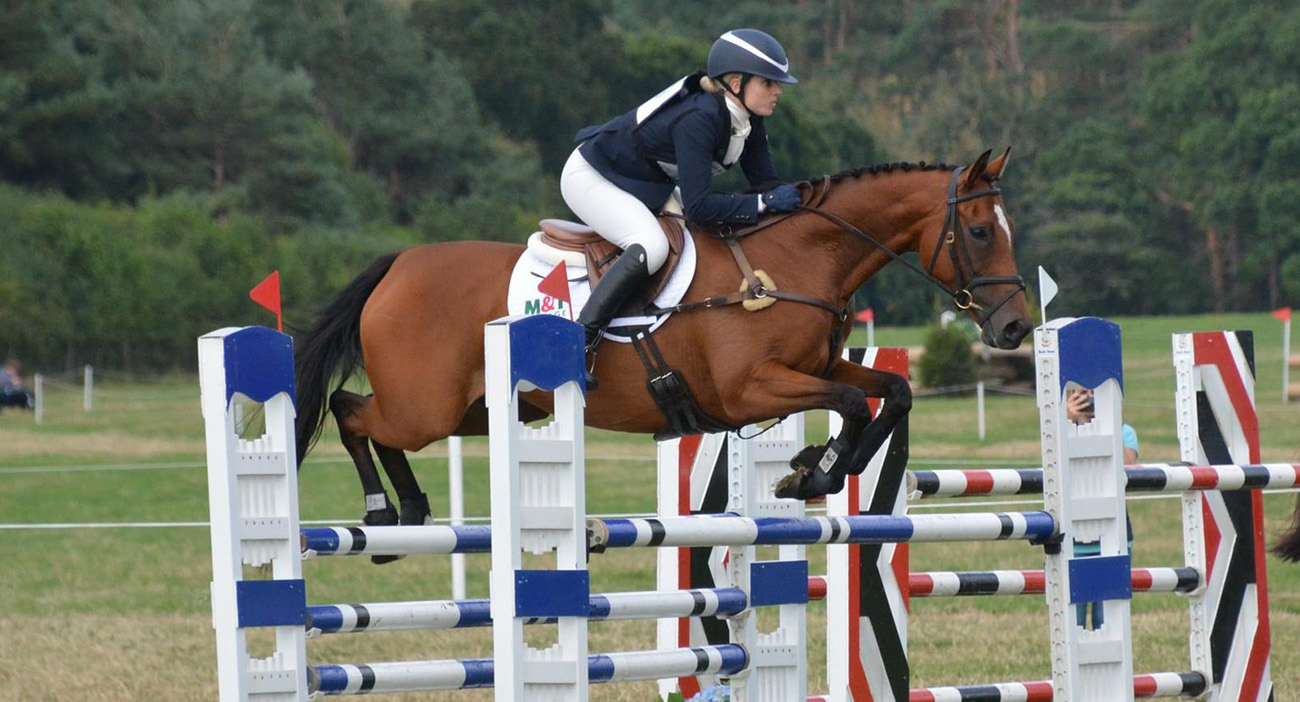
April 4, 2024
Eat, Sleep, Compete, Repeat
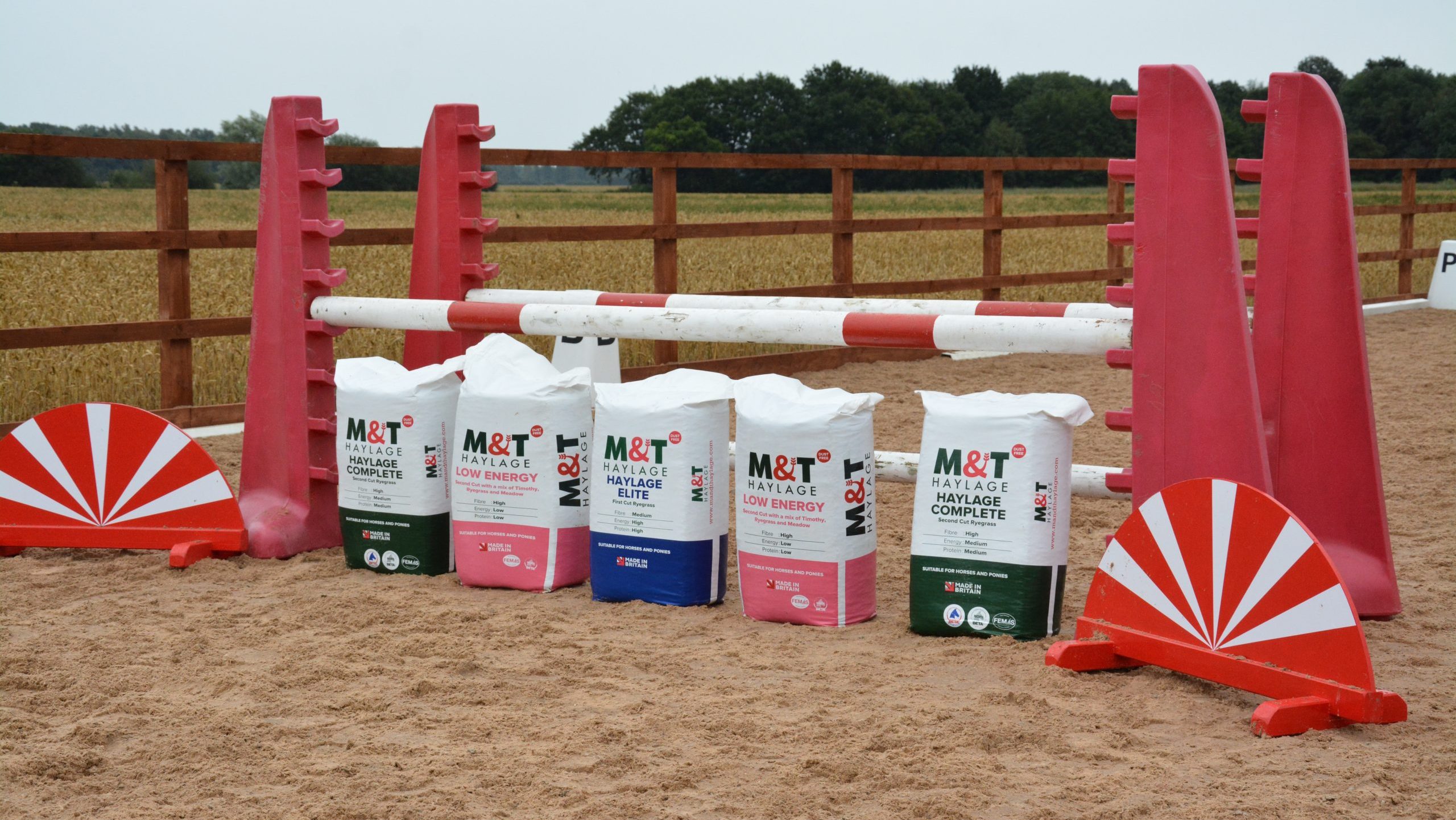
March 8, 2024
Top Tips For Managing Forage On The Go: Part Two

March 8, 2024
Consistency Is Key for Horses
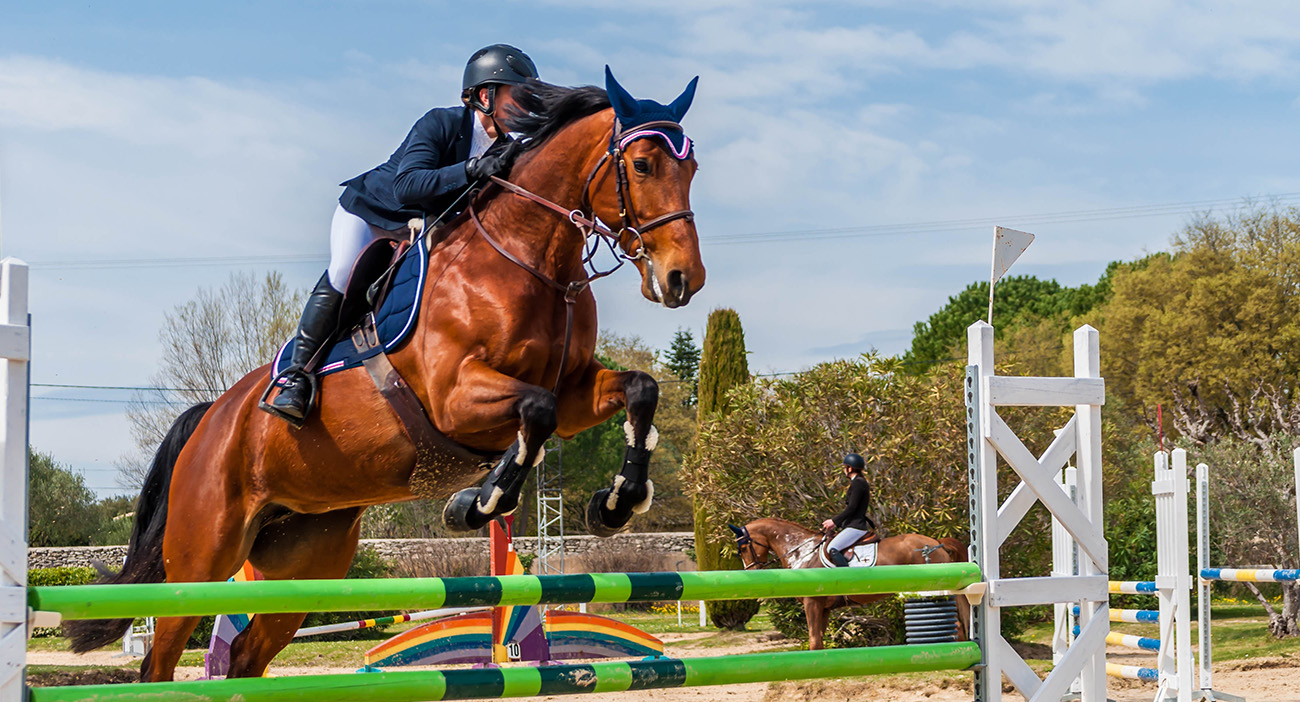
February 19, 2024
Don’t Underestimate The Value of Preparation
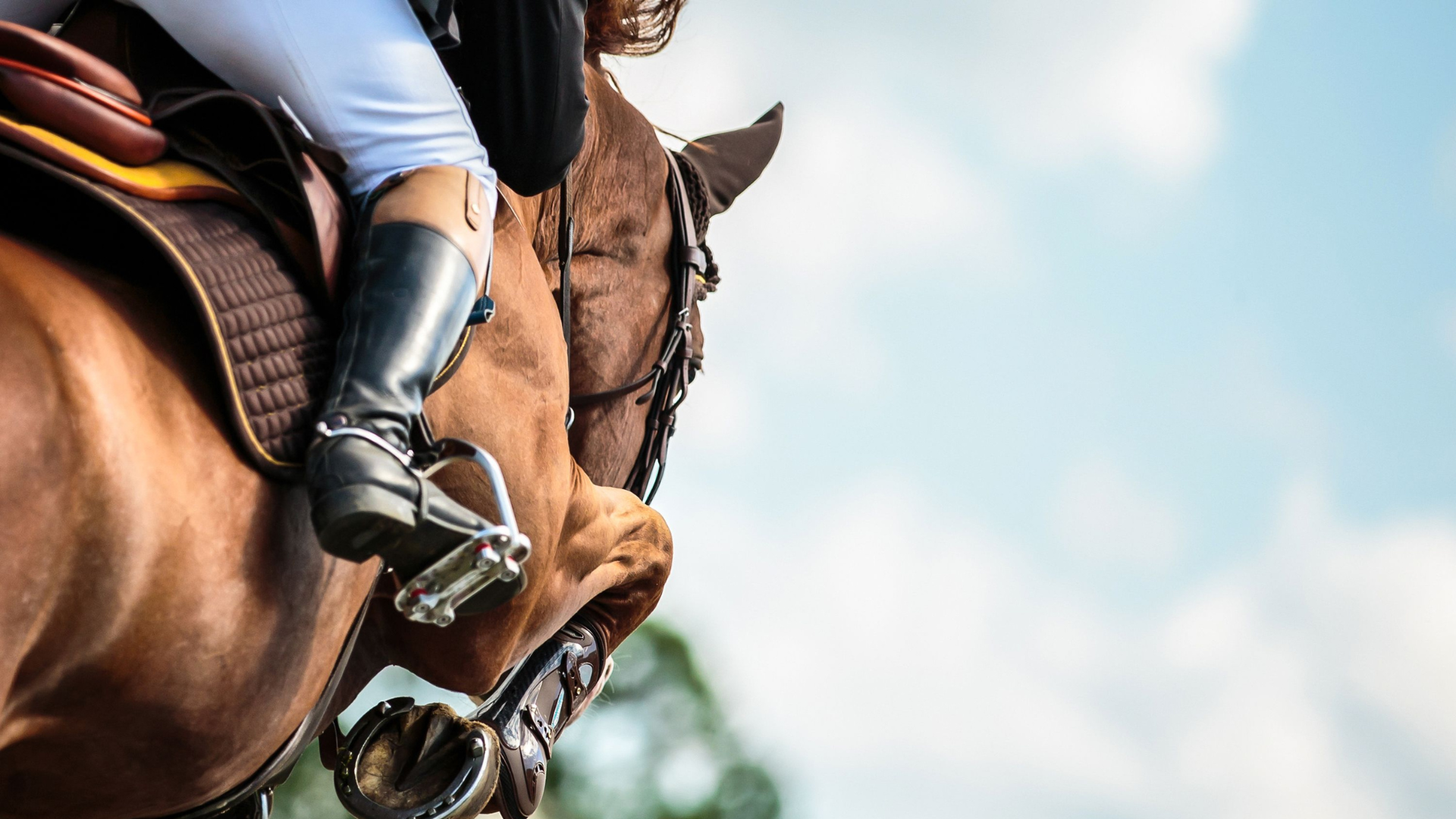
February 6, 2024
Know Your Horse Inside Out
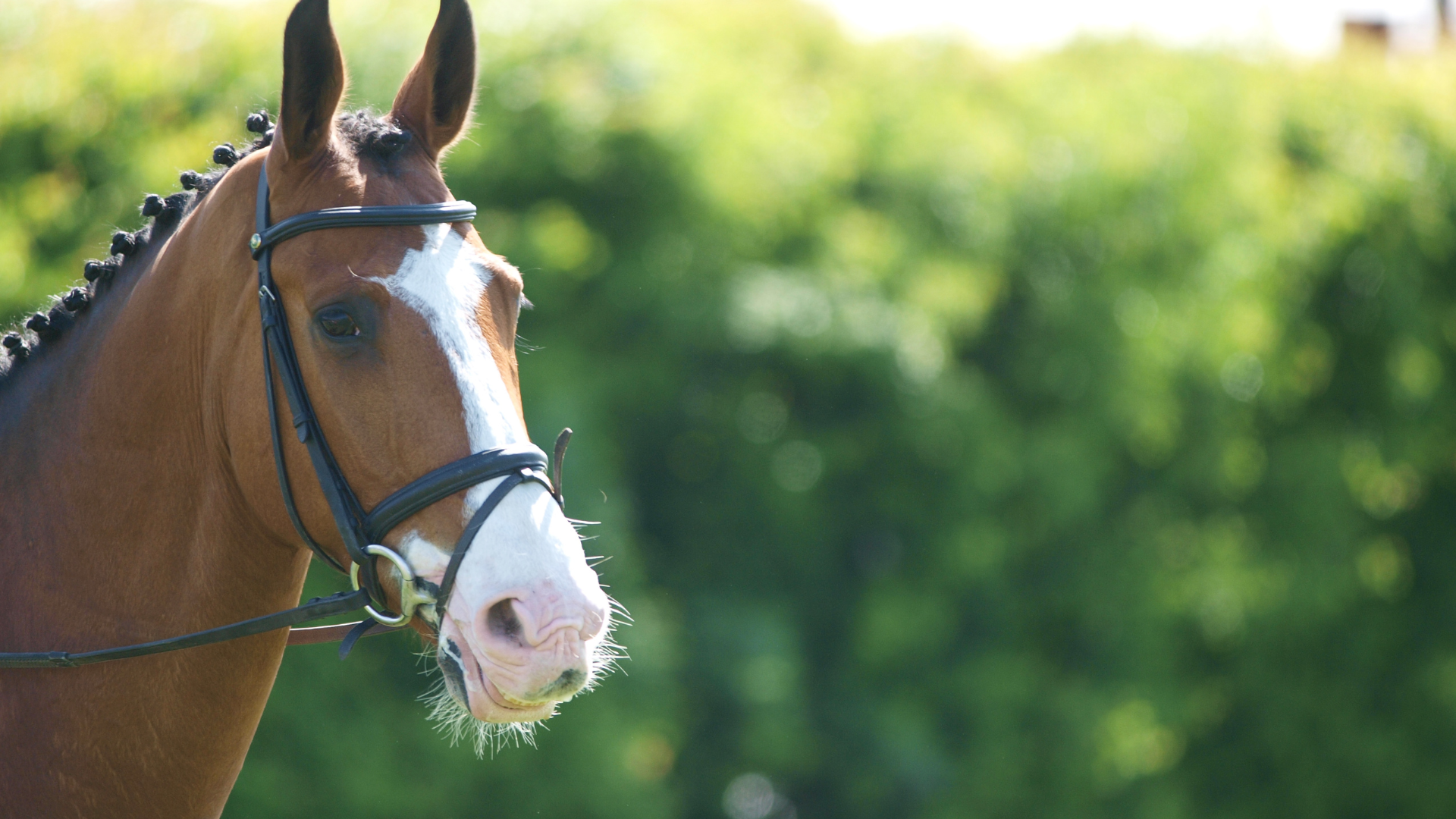
December 11, 2023
How To Get The Most Out Of Your Horse Forage During Winter

November 7, 2023
Which Hay Shall I Feed My Horse or Pony?
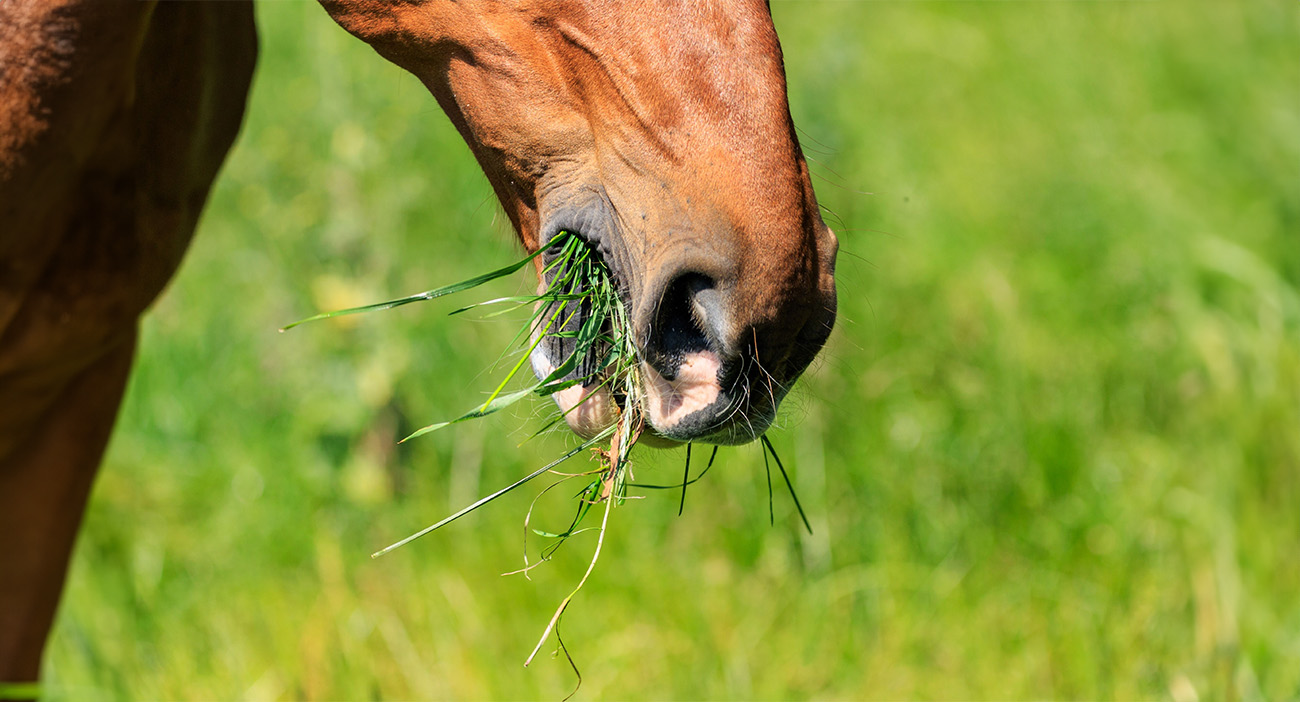
September 14, 2023
Hay Exportation – Why Choose British Hay?

April 24, 2023
Changing Your Horses Diet From Winter to Spring
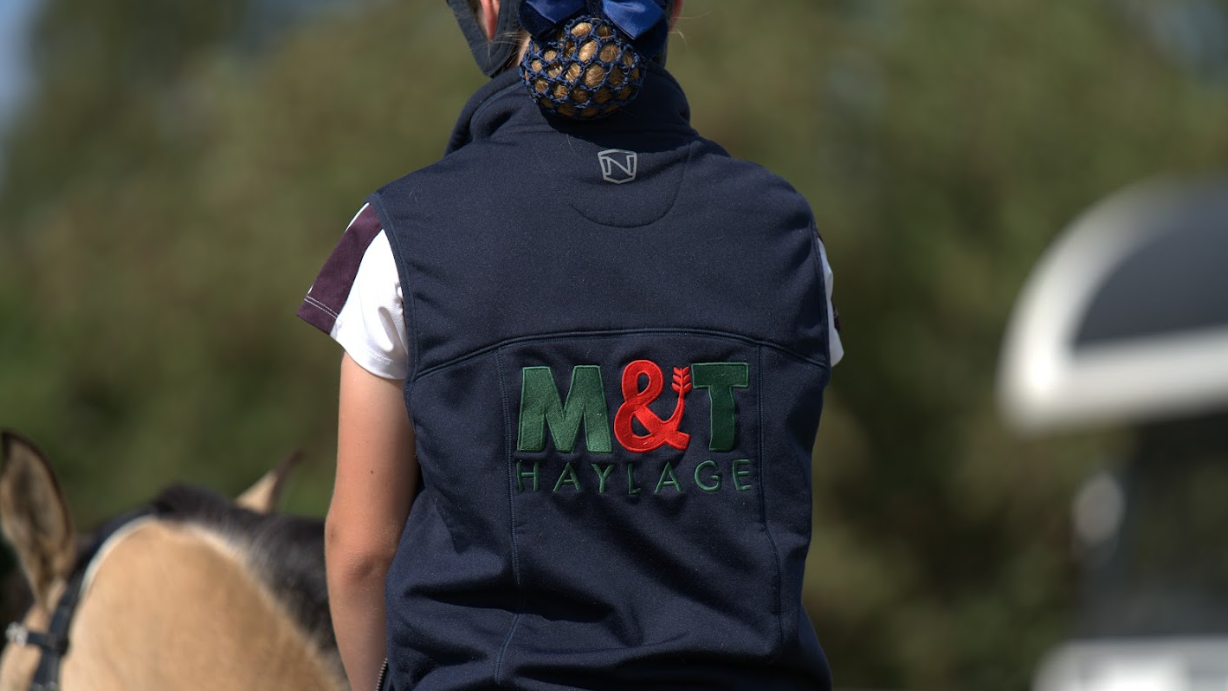
March 3, 2023
Hay vs Haylage: Which Is The Right Option For Your Horse?
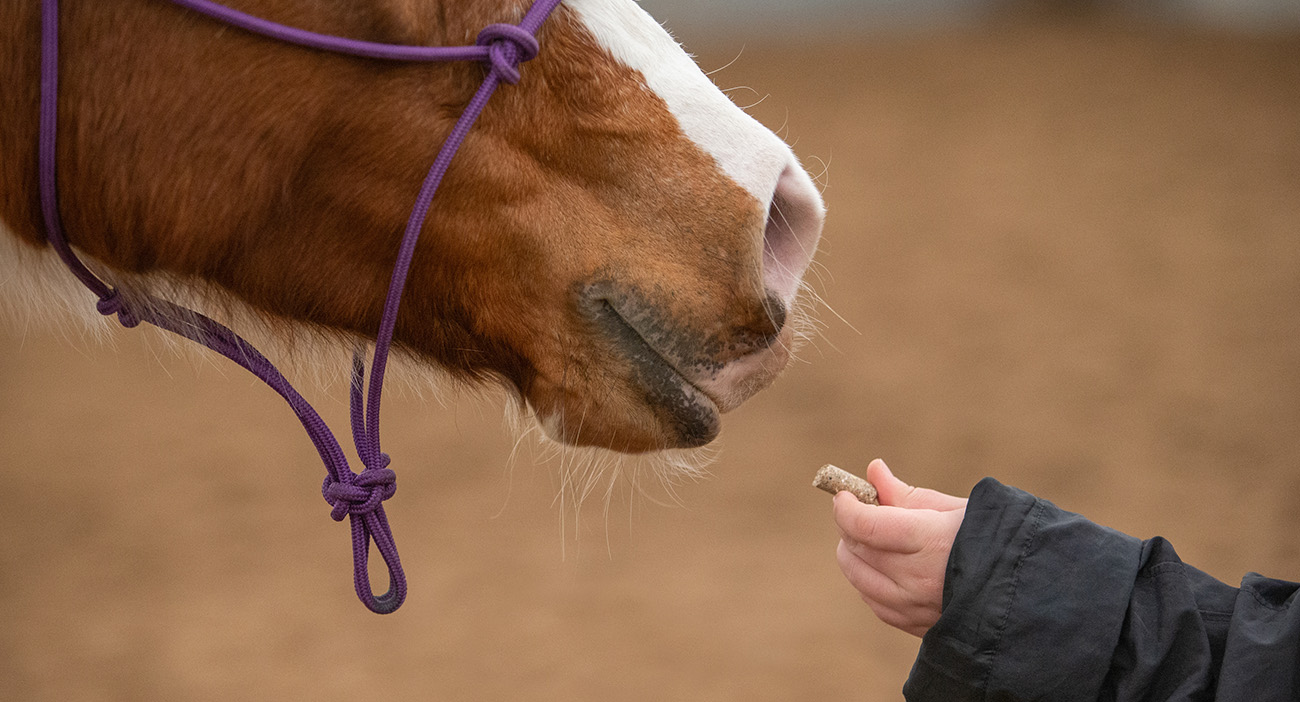
January 13, 2023
How To Bring A Horse Back Into Work After A Break
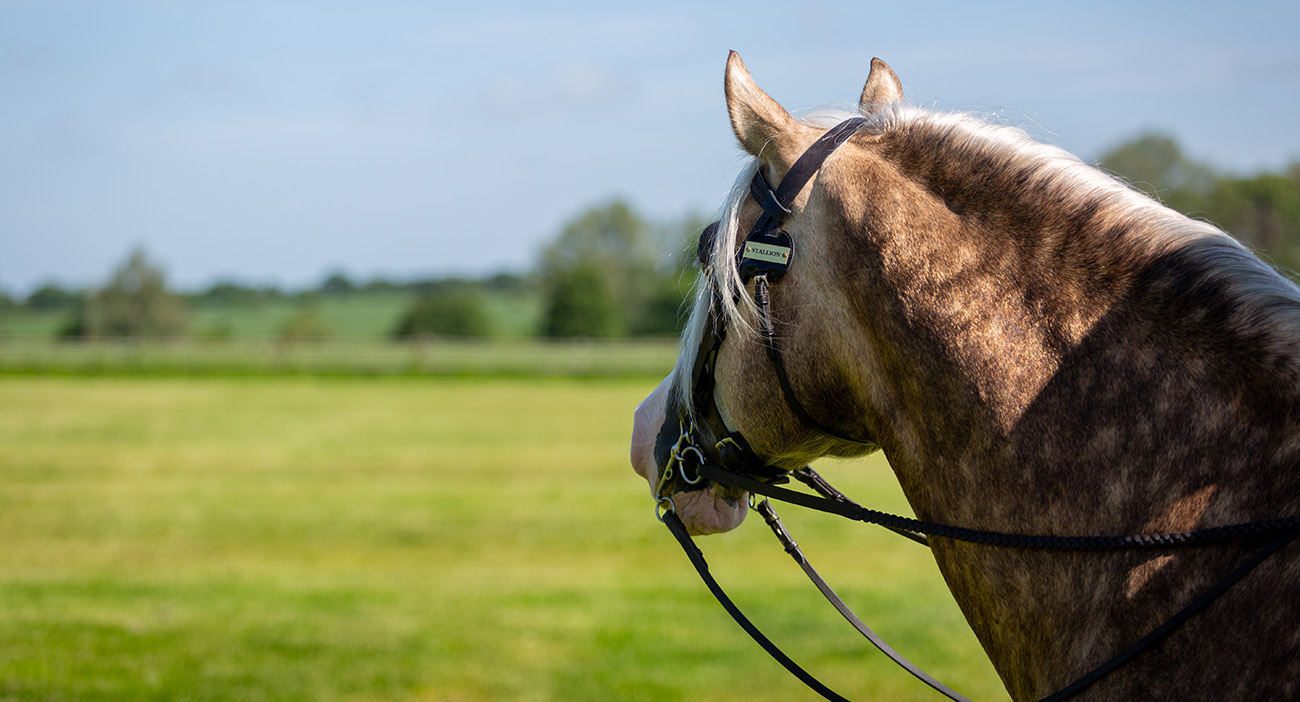
November 23, 2022
How To Body Condition Score Your Horse
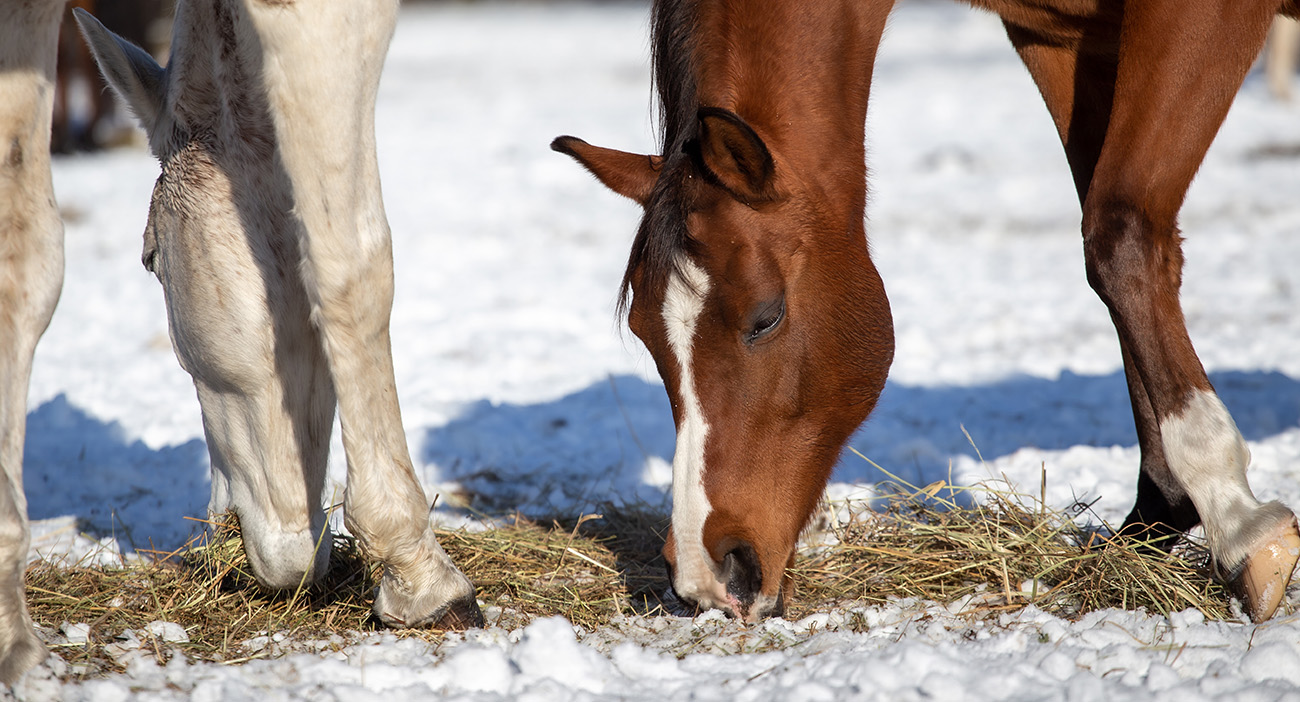
November 7, 2022
Winter Feeding Tips For Horse Owners
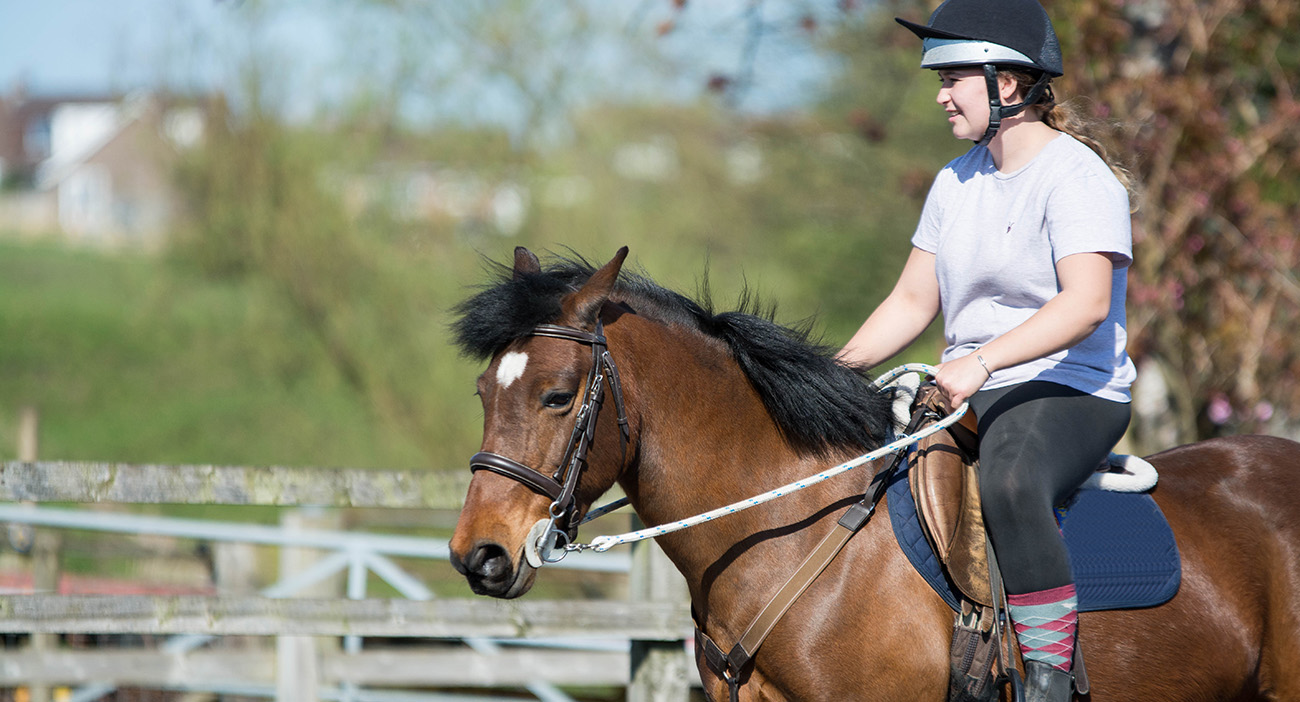
October 20, 2022
Money Saving Tips For Horse Owners
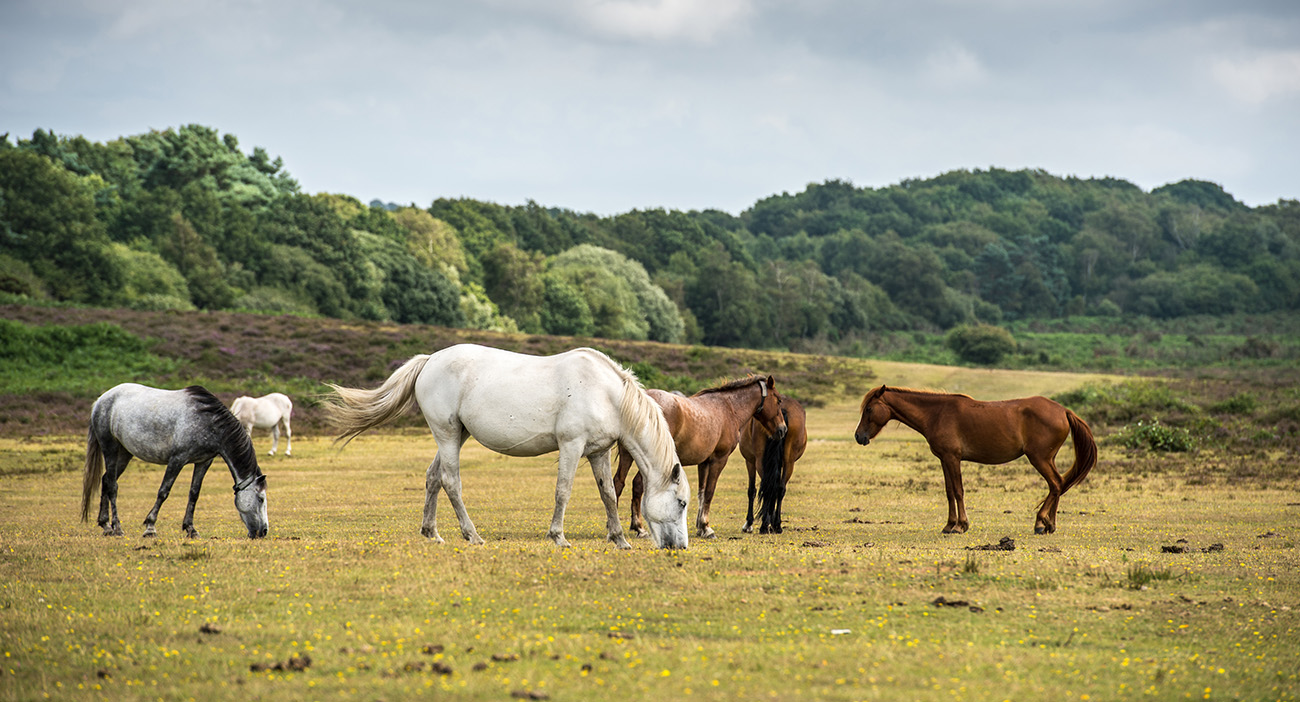
October 3, 2022
8 Ways To Keep Your Horse Entertained

September 30, 2022
Equestrian Question and Answer Session: Sophie Platt
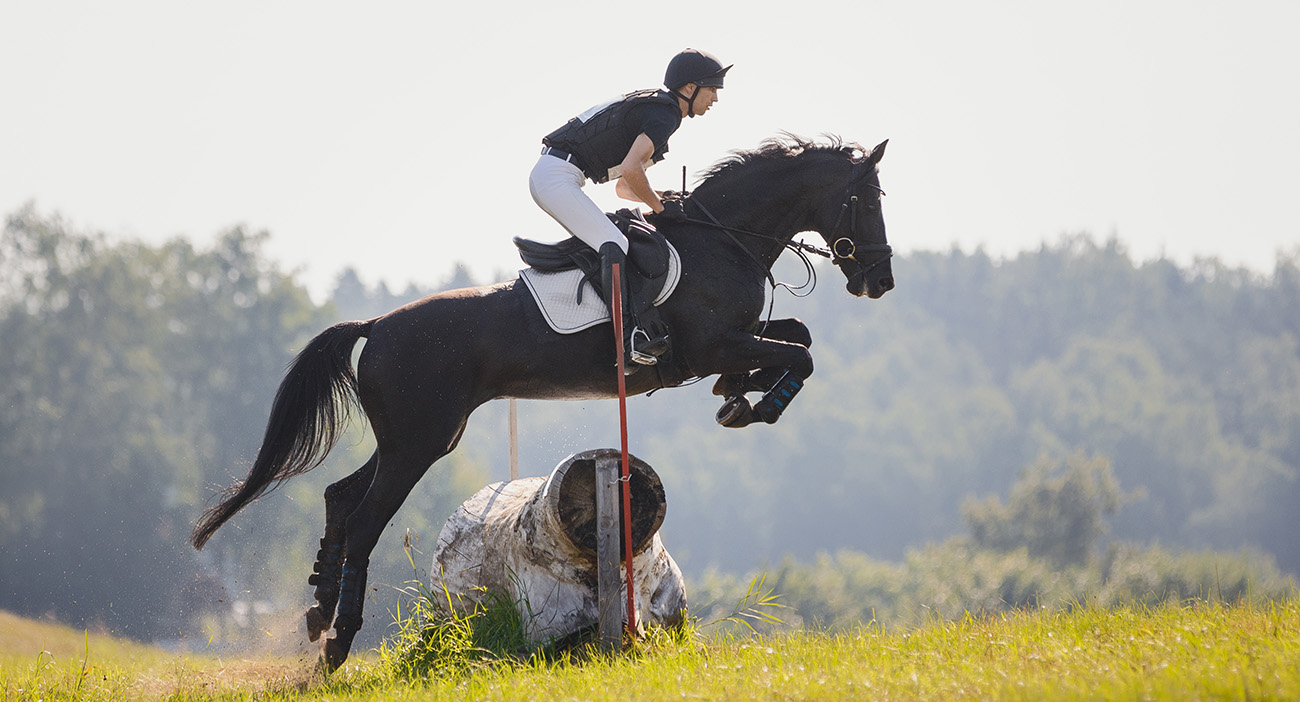
August 25, 2022
Preparing Your Horse For Competition
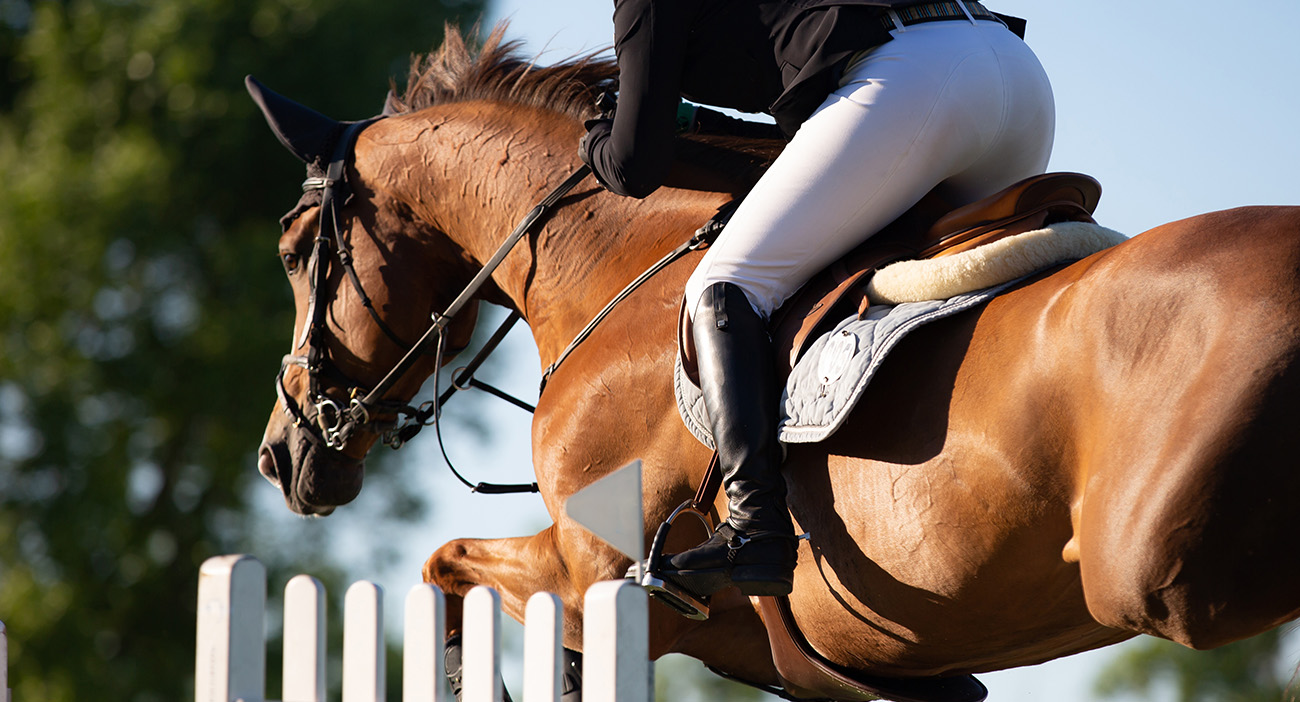
July 28, 2022
What Is Normal For My Horse?
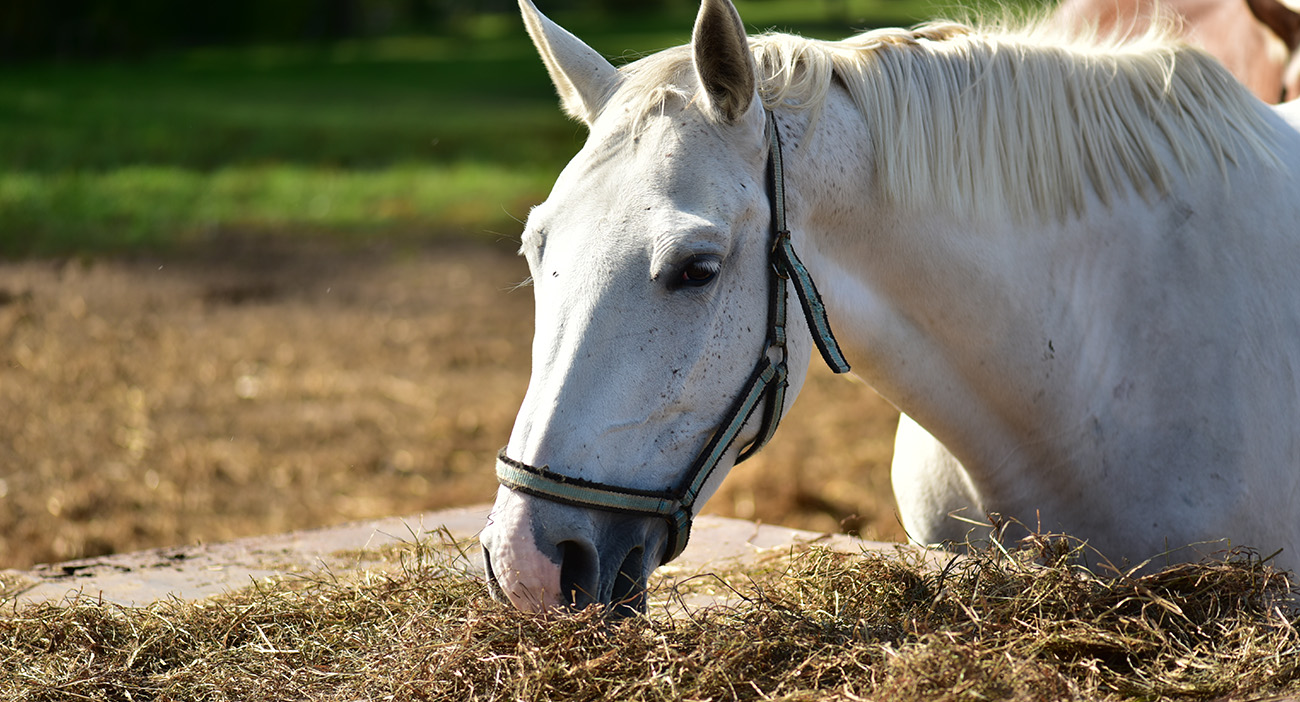
June 30, 2022
Compeition Horses: Managing Forage and Water Intake
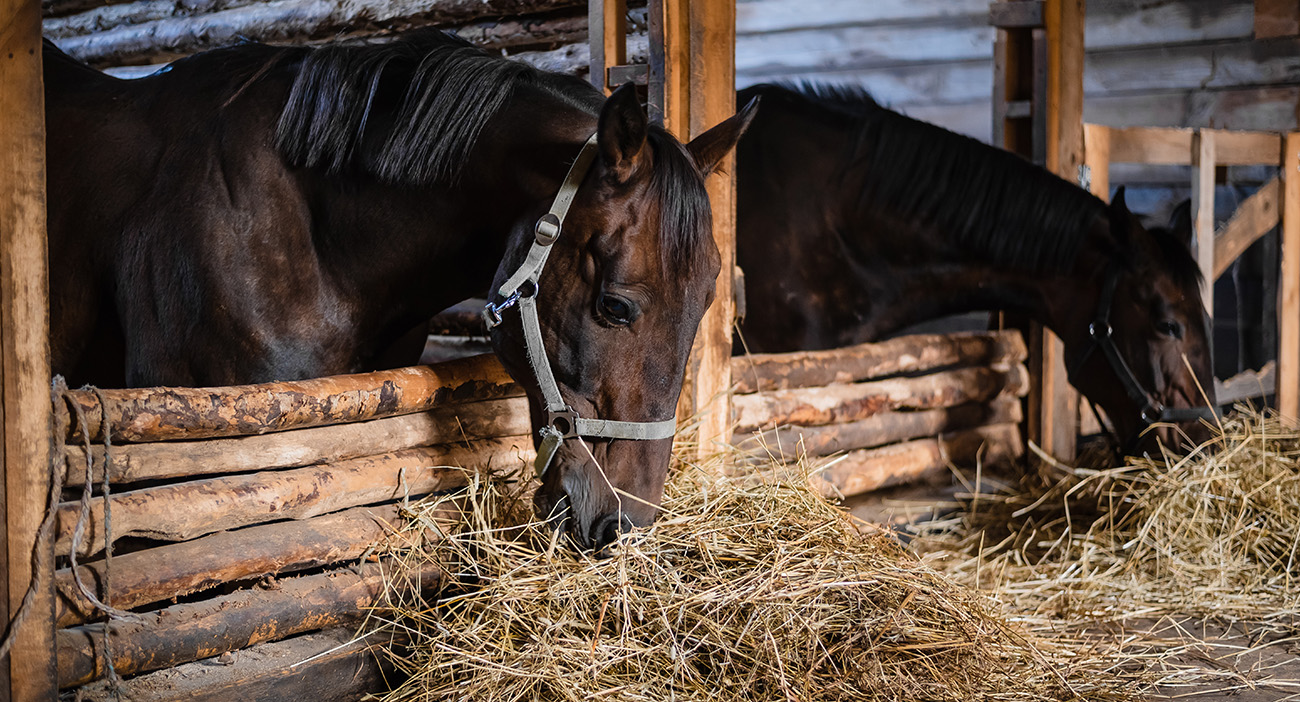
October 1, 2021
How To Feed EMS Horses: Nutritionist Top Tips For Horses
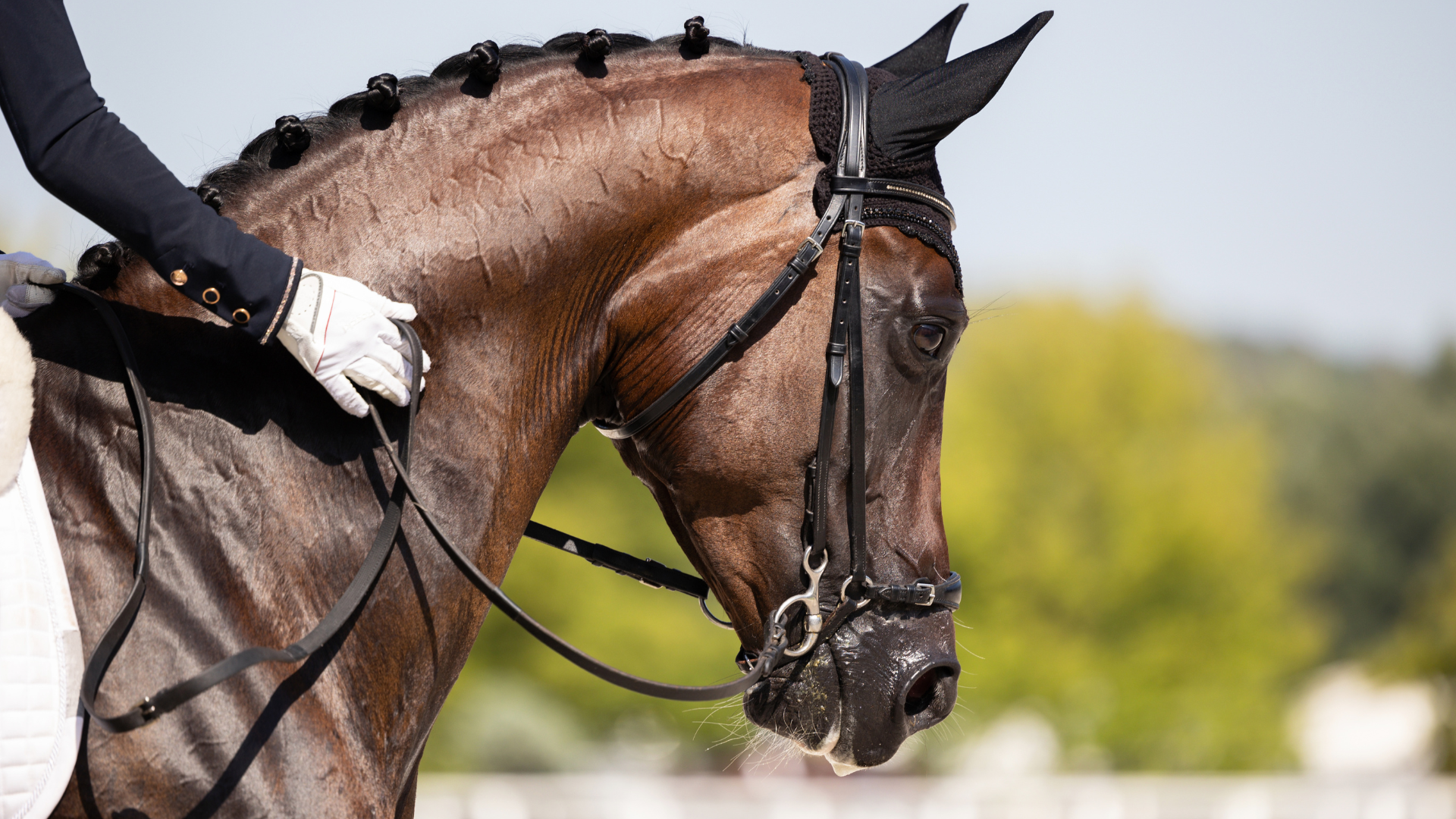
September 22, 2021
Feeding The Equine Athlete

September 7, 2021
How To Feed Your Horse Indoors This Winter
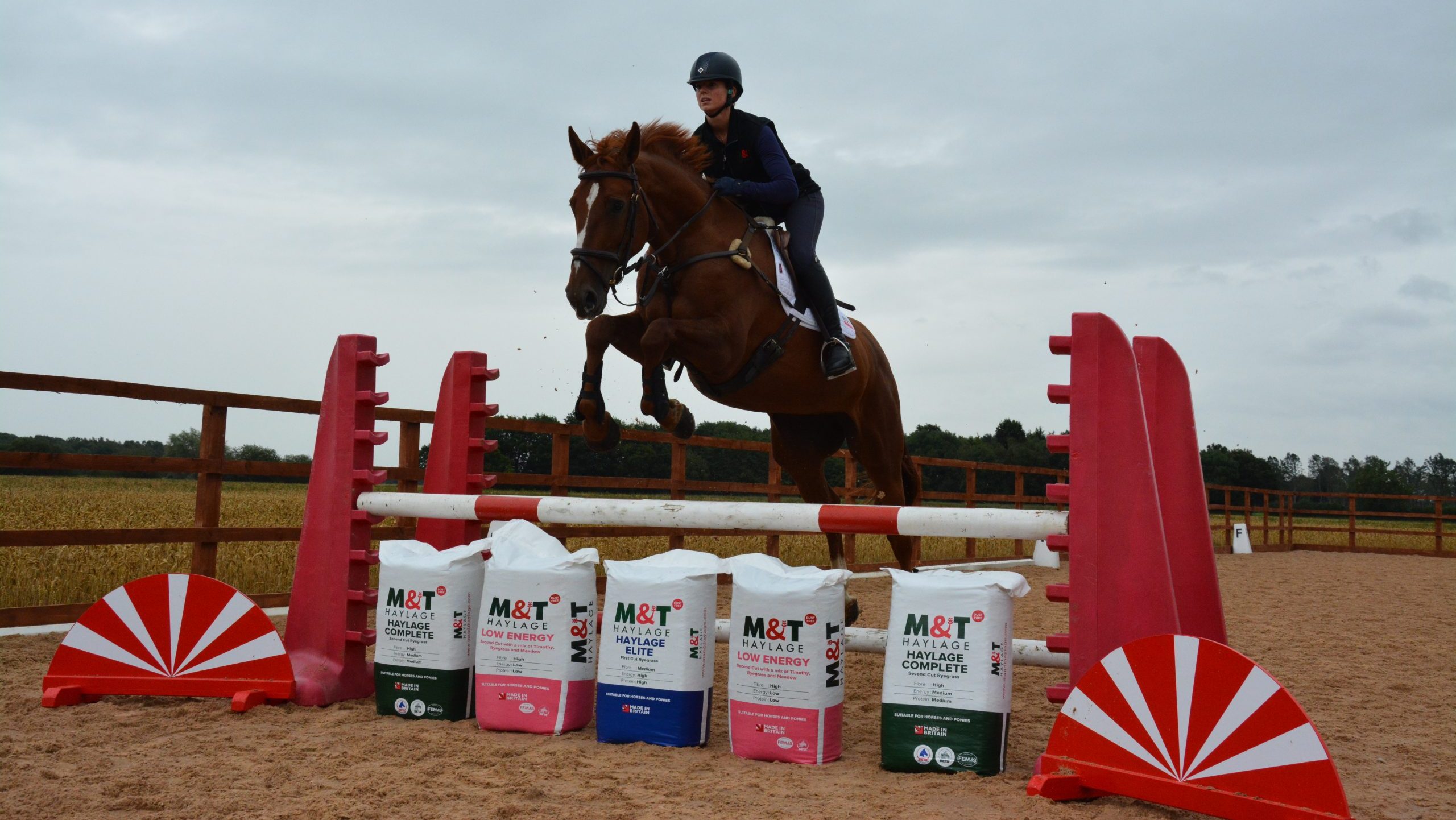
December 7, 2020
Premium Horse Forage: Ask The Nutritionist
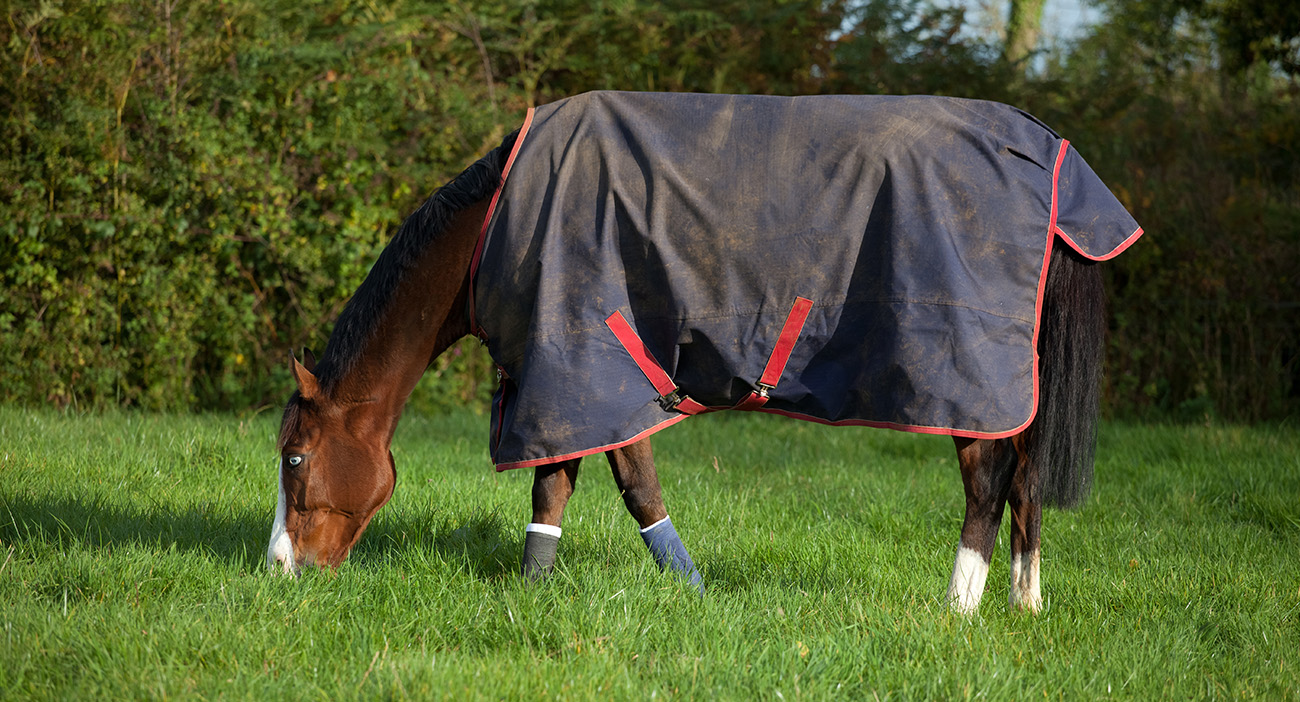
July 9, 2020
Top Tips For Managing Forage For Horses On The Go: Part One
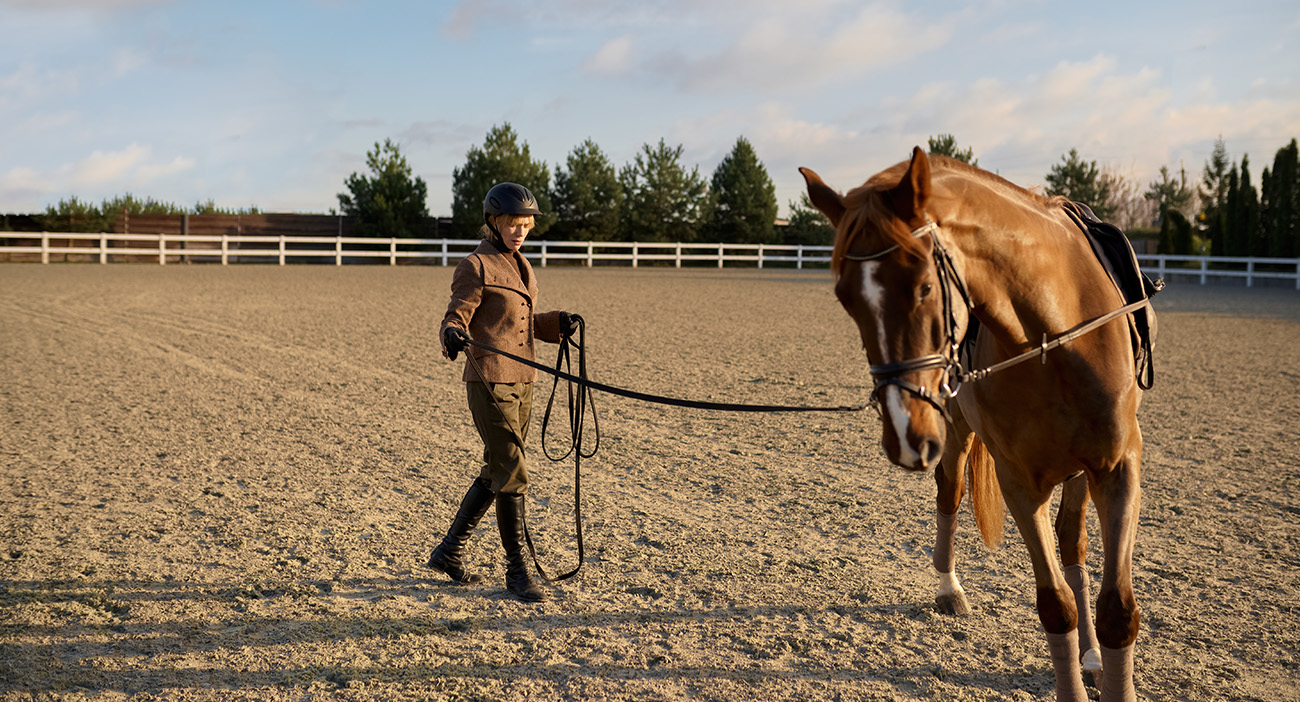
January 16, 2020
Haylage Myth Buster: Nutritionist Top Tips for Horses





